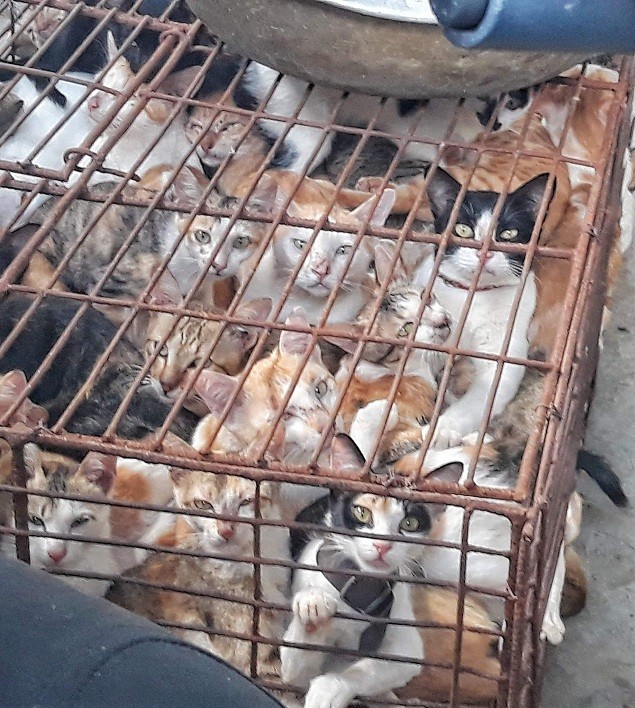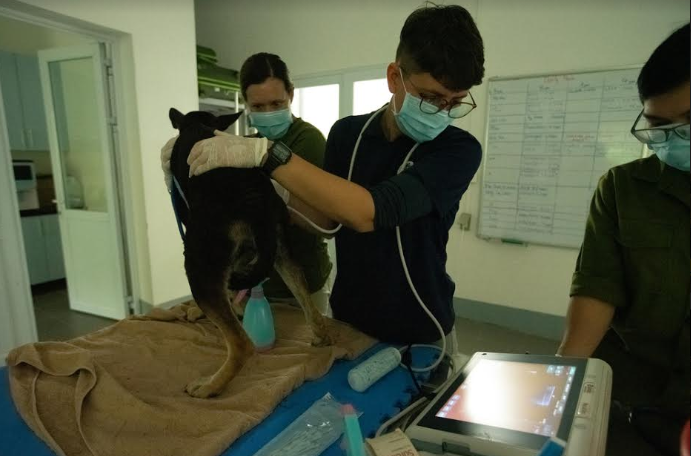One million signatures with effort to end the dog and cat meat trade in Southeast Asia
| Video: Vietnam's ancient hunting dog breed revived | |
| Vietnamese dog that looks like a Tibetan clam | |
| Your dog may love and understand you, but not like your face's sight, study finds |
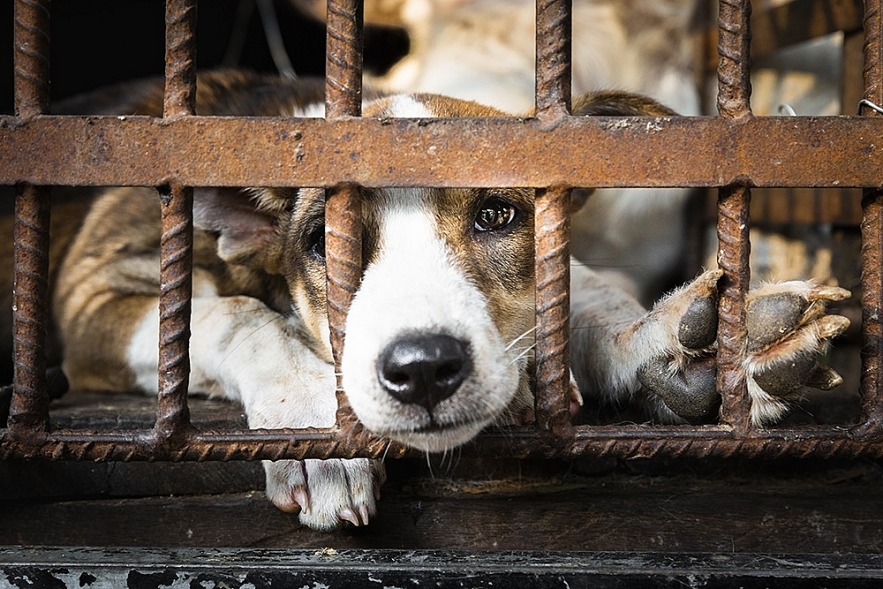 |
| Illustrated photo. |
In Cambodia, Vietnam and Indonesia alone over 10 million dogs and cats are killed every year for their meat. The dog and cat meat trade is not only immensely cruel but also poses a risk for the emergence of new zoonotic diseases like COVID-19 and is linked to other public health threats such as rabies. FOUR PAWS has virtually delivered open letters to the governments of Cambodia, Vietnam and Indonesia, informing them of the global and local sentiment against the dog and cat meat trade and calling on them to take action on behalf of one million people worldwide, including hundreds of thousands of Southeast Asian citizens who have signed the petition.
FOUR PAWS urges the governments to introduce an outright ban of the dog and cat meat trade across Southeast Asia to protect both human and animal health, and prevent potential future public health catastrophes.
The dogs and cats ending up in the trade are often stolen pets or stray animals taken from the streets, crammed into small cages, and brutally killed at restaurants, markets, and slaughterhouses throughout Southeast Asia.
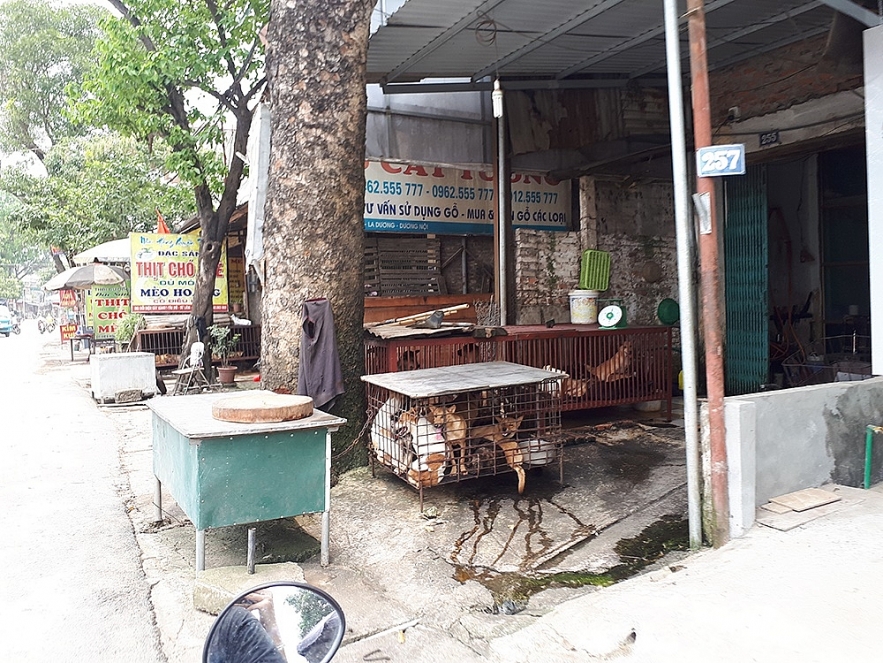 |
| Illustrated photo. |
The unsanitary conditions in slaughterhouses and live animal markets facilitate the transmission of zoonotic diseases and provide the perfect breeding ground for the development of novel ones, with potentially catastrophic results for global public health. According to FOUR PAWS research, an overwhelming majority of local people do not consume dog or cat meat. Research has also shown that many tourists are against the trade, with them frequently reporting their horror at witnessing the dog and cat meat trade in Southeast Asia.
“We are proud to have reached such a first major milestone of public support from people all over the world who reject the dog and cat meat trade and the cruelty it stands for. We have seen favourable and crucial turning points this year. Cambodian tourist hotspot Siem Reap set an example when it banned dog meat, but there is still much work to be done. Together with one million supporters, we urge the governments to take responsibility and ban the dog and cat meat trade to protect humans and animals alike,” says Dr Katherine Polak, veterinarian and Head of FOUR PAWS Stray Animal Care in Southeast Asia.
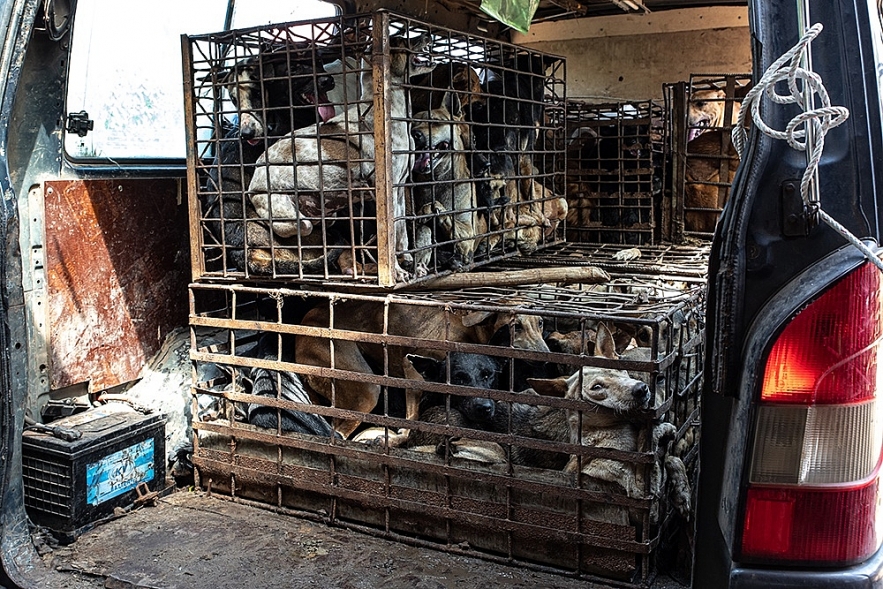 |
Cambodian brewery denounces dog meat consumption
In Cambodia, dog meat, which goes by the name ‘special meat’ is routinely consumed alongside alcoholic beverages. Across the country, advertisements for the dish could be seen outside restaurants on bright, distinctly orange lightboxes with Ganzberg beer branding. Ganzberg beer is one of Cambodia’s largest beer companies, which given their prominent advertising of the dish, has become synonymous with dog meat. After FOUR PAWS notified the company of its role in promoting a cruel trade fraught with public health risks, Ganzberg took immediate action by removing hundreds of their lightboxes outside restaurants which serve dog meat. Furthermore, the company has publicly declared that they do not support the consumption of dog meat, and pledged to continue to work with FOUR PAWS to identify and remove any existing lightboxes.
FOUR PAWS’ fight against the dog and cat meat trade
FOUR PAWS has been working to sustainably end the dog and cat meat trade since 2018, following the launch of a campaign on an international and national level in Cambodia, Indonesia and Vietnam. The global animal welfare organisation has conducted investigations, research, and surveys, as well as closing slaughterhouses and rescuing animals from a cruel fate. “Through education and cooperation with the authorities, local communities and the tourism industry, FOUR PAWS’ aim is for the governments of Southeast Asia to introduce, strengthen and enforce animal protection laws which will bring an end to this brutal trade. This will not only protect animals but also people from public health risks.
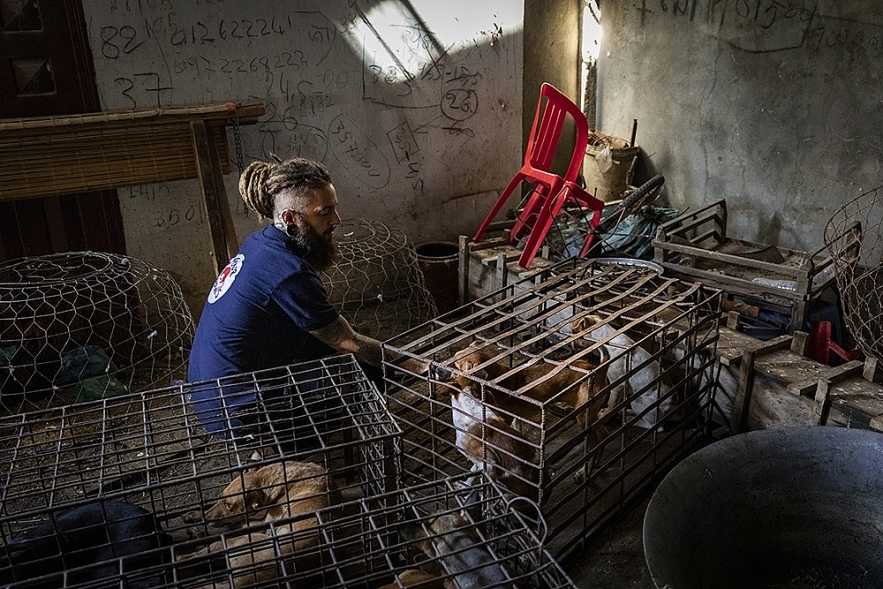 |
| FOUR PAWS’ fight against the dog and cat meat trade for new pandemic prevention. |
The recent COVID-19 pandemic brings into stark reality the dangers of the trade in live animals. The conditions seen in Wuhan at the live animal market, the likely origin of COVID-19, as well as other documented origins of recent pandemics – unsanitary practices, brutal treatment, and cramped confinement leading to the mixing of sick animals – are also seen in the dog and cat meat trade, all leading to an ideal environment for the emergence of new viruses,” says Dr Karanvir Kukreja, Project Manager for FOUR PAWS’ Ending the Dog and Cat Meat Trade Campaign.
Furthermore, FOUR PAWS supports local animal welfare organisations and communities with humane and sustainable stray animal care programmes.
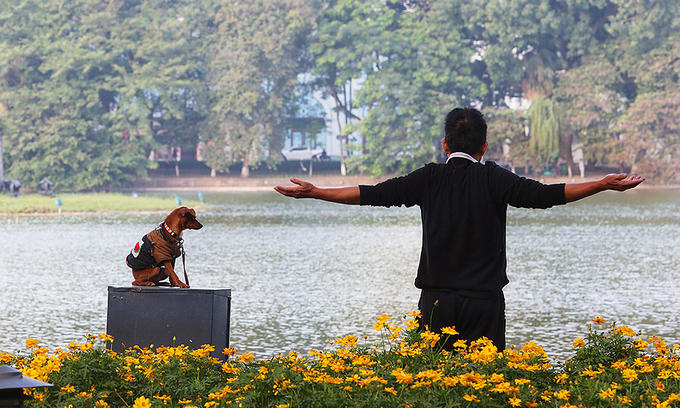 | Hanoi considering ban on dog walking in public places Walking pets on a leash or letting them free on walking streets near the Hoan Kiem (Sword) Lake in Hanoi would be banned in the ... |
 | North Korean leader orders pet dogs to be confiscated in the capital amid food shortage Kim Jong Un issued the directive in July to round up the pets, claiming they were part of “a ‘tainted’ trend by bourgeois ideology" and ... |
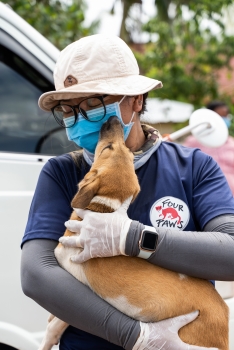 | Dog slaughterhouse in Cambodia for Vietnamese import culinary preference shut down FOUR PAWS and animal rights activists in Cambodia have gained a small victory in their effort to end the trade in dog meat, convincing a ... |
Recommended
 Handbook
Handbook
Vietnam Moves Up 8 Places In World Happiness Index
 Handbook
Handbook
Travelling Vietnam Through French Artist's Children Book
 Multimedia
Multimedia
Vietnamese Turmeric Fish among Best Asian Dishes: TasteAtlas
 Handbook
Handbook
From Lost to Found: German Tourist Thanks Vietnamese Police for Returning His Bag
Popular article
 Handbook
Handbook
Prediction and Resolution for the Disasters of Humanity
 Handbook
Handbook
16 French Films To Be Shown For Free During Tet Holiday In Vietnam
 Handbook
Handbook
Unique Cultural and Religious Activities to Welcome Year of the Snake
 Handbook
Handbook

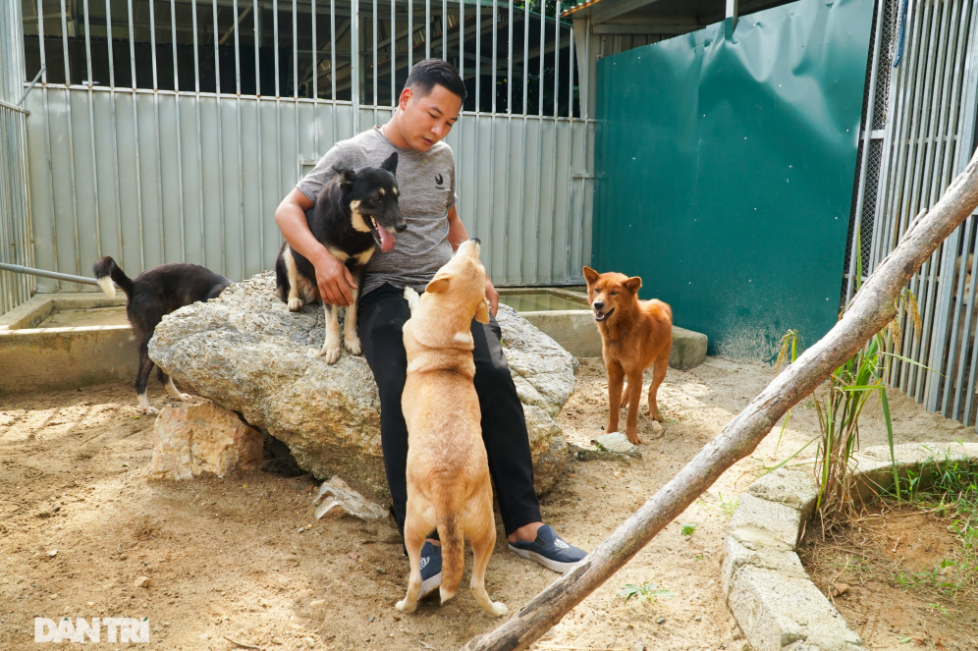
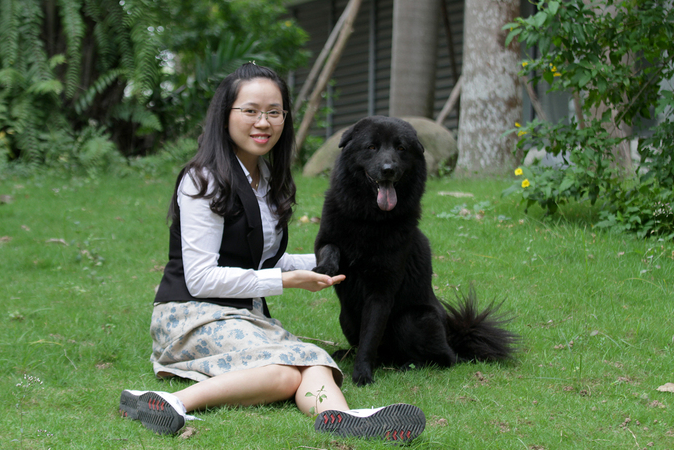
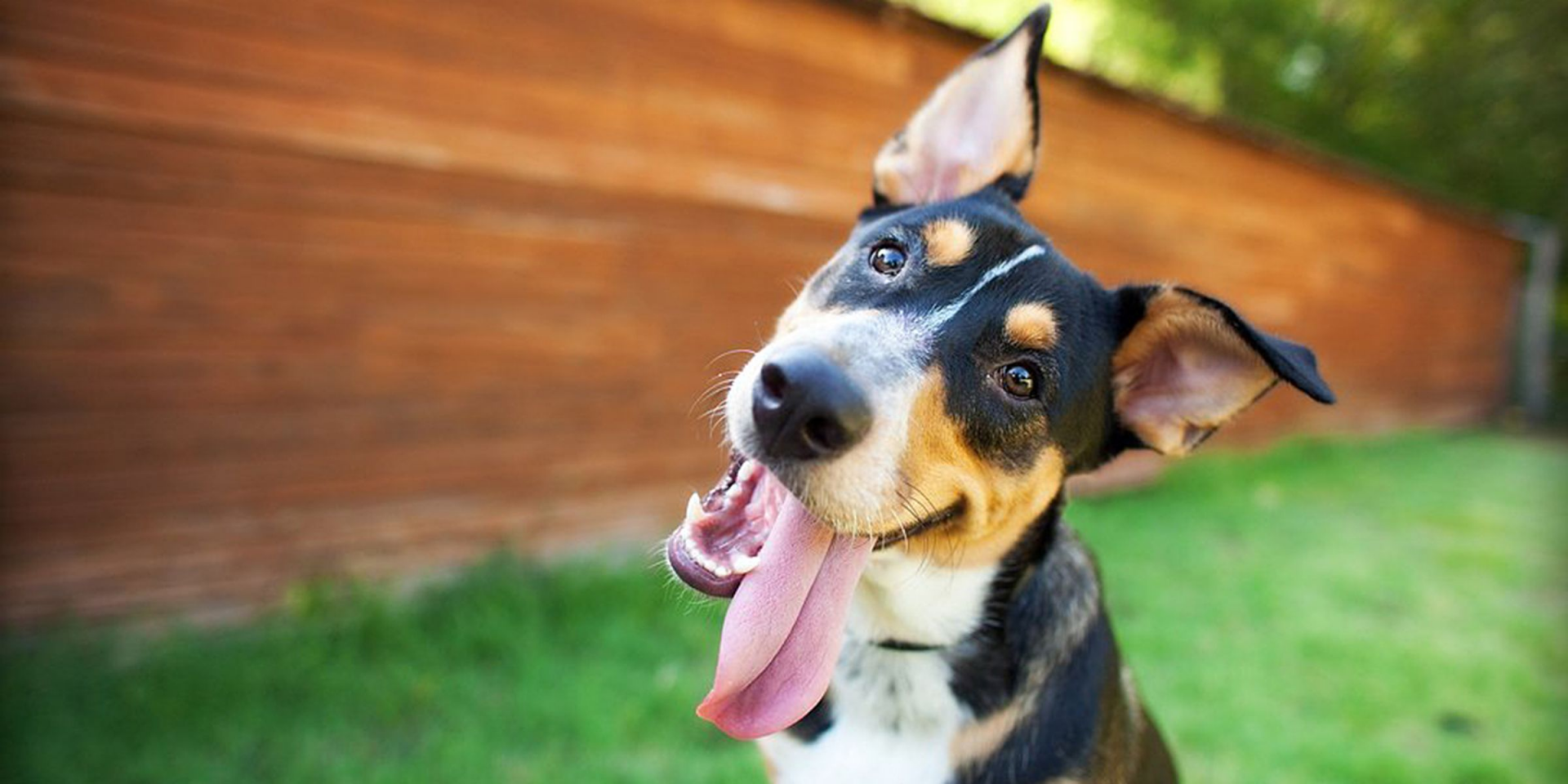



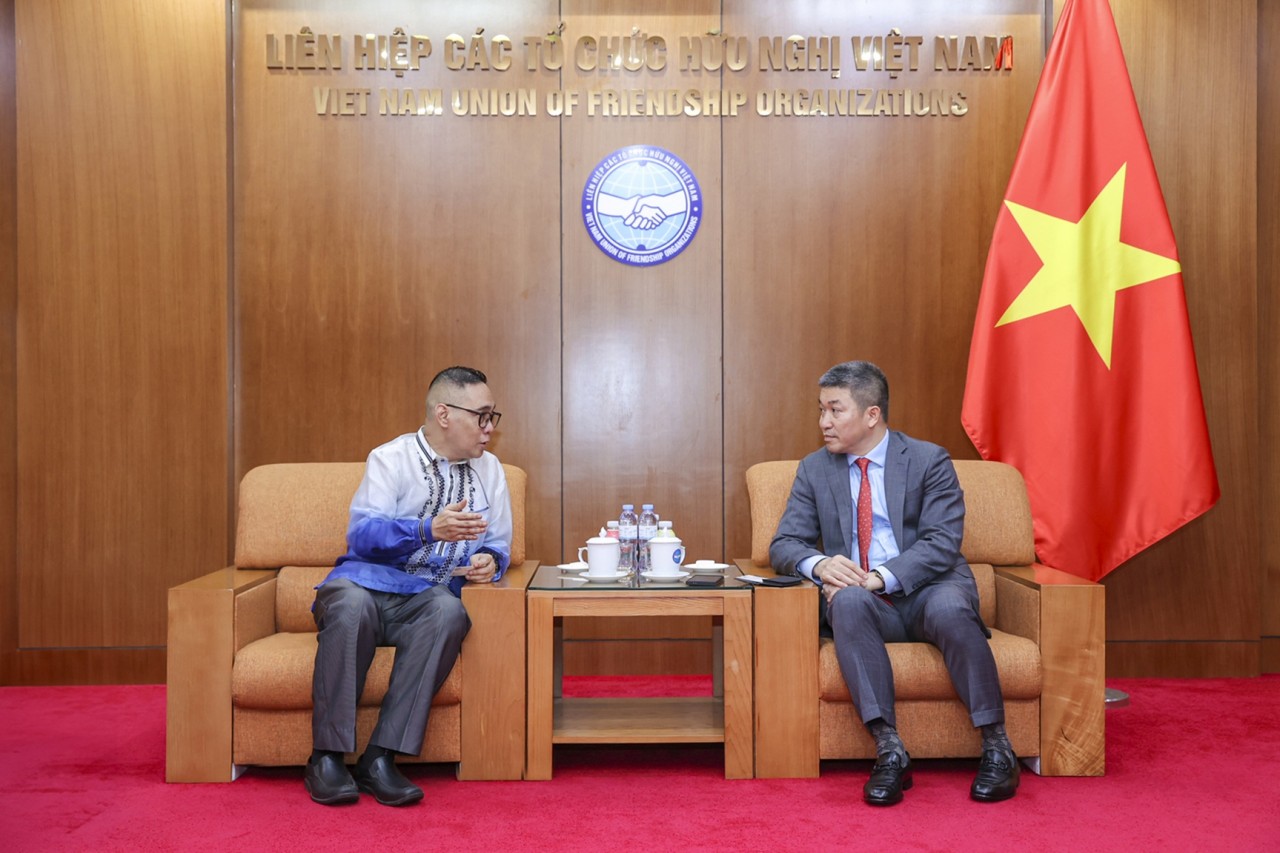
![[Photo Series]: The Dog (& Pet) Days of Summer](https://vietnamtimes.org.vn/stores/news_dataimages/2022/082022/23/15/croped/0af945ceae326da02e9a7f372bc9dc77.jpg)
